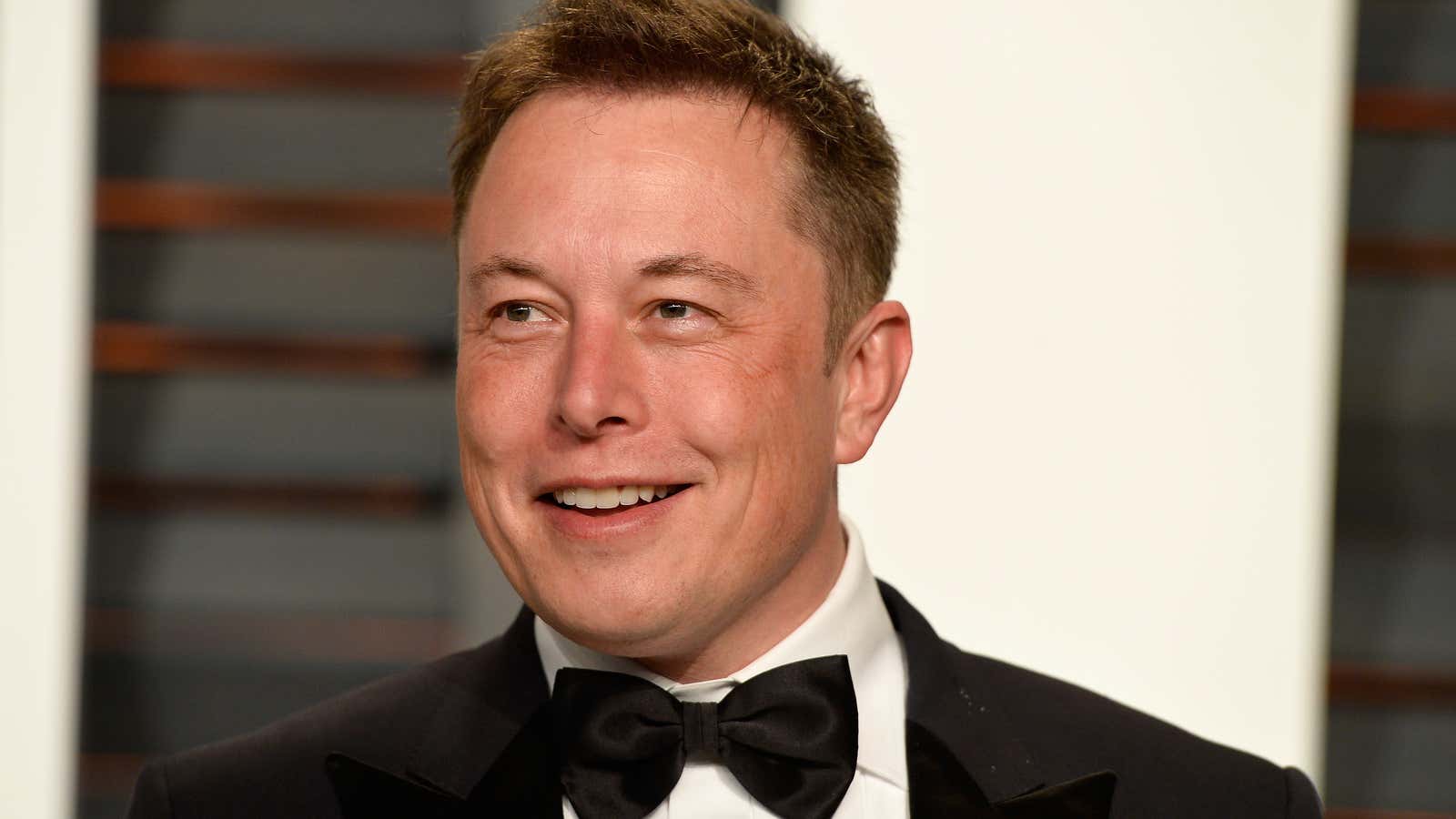When Elon Musk kicked off his campaign to buy Twitter nearly one year ago, he claimed he wanted to restore “free speech” to the platform, which he called the “de facto public town square.”
His actions soon reflected a much simpler priority. He wanted to control Twitter. After all, Twitter is his favorite social media platform: it’s the place where he posts all of his jokes and memes stolen from fans, where he likes to argue with celebrities and stir up conspiracy theories, it’s his preferred platform for flirting with securities fraud.
As Musk’s months-long crusade continued, his stated rationale for buying the company became more convoluted: Twitter was, he said, overrun with spam bots, and it was manipulating users with a powerful algorithm and discriminating against political viewpoints its management disagreed with. In July, his arguments for buying Twitter became his defenses against being forced to buy Twitter in court. He claimed Twitter had obscured its spam problem, inflated its user numbers, and had undisclosed security lapses.
Musk eventually saw the writing on the wall and agreed to the original terms of his deal, taking over Twitter in late October for $44 billion, leveraged with $12.5 billion in loans. Since then, his actions have revealed that his top priority has never been unfettered free speech, (he’s banned journalists that cover him and made content moderation decisions like banning the rapper Ye), eliminating bots (he’s just charging them now), and he’s certainly not removing the site’s algorithm. He’s supercharged it, adding a For You page that brings in much more user-generated content from people you don’t follow.
On Monday, Feb. 13, many Twitter users reported their For You page was replete with Musk’s own tweets, or people replying to him.
But that wasn’t an accident. Musk himself ordered it. On Sunday, Feb. 12, after the Super Bowl, Musk was upset that one of his tweets about the game performed worse than one of US President Joe Biden, according to a new report by the newsletter Platformer. He then made 80 engineers work overnight to fix the problem, which was “priority number one” at the company, Platformer wrote.
Twitter seems to be Musk’s favorite game and, since taking over, he’s been trying to rig it in his own favor. We have officially entered the steroid-era of Musk’s tenure at Twitter, when he needs to juice his tweets in order to seem funny and well-liked.
Musk can boost his views, likes, and retweets, and rig his own engagement metrics, but unfortunately for the world’s second-richest person, no amount of money—not even $44 billion—will make him seem funny or well-liked.
